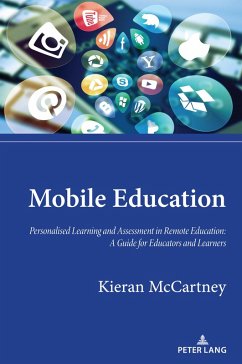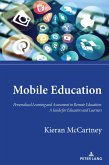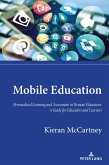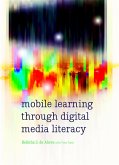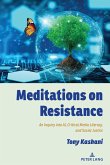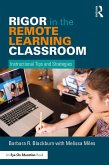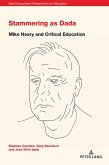Now that remote education has become mainstream, how can we best use mobile technology to promote learning? How can we personalise our assessment of learning remotely?
This book explores these questions and more, considering strategies for using mobile devices for more personalised teaching. The proliferation of mobile technology provides a unique opportunity to enable a wider variety of learning and assessment opportunities for students to help them achieve learning outcomes. The research in this book indicates that students' proficiency with and awareness of the affordances presented by mobile technology for both learning and assessment outweigh that of educators, and this book seeks to redress this balance.
Originally focused on two further and higher education colleges in Northern Ireland, the strategies for teaching and assessment presented here have wider generalisability for educators in any sector, whether that be in education or specialist training.
This book explores these questions and more, considering strategies for using mobile devices for more personalised teaching. The proliferation of mobile technology provides a unique opportunity to enable a wider variety of learning and assessment opportunities for students to help them achieve learning outcomes. The research in this book indicates that students' proficiency with and awareness of the affordances presented by mobile technology for both learning and assessment outweigh that of educators, and this book seeks to redress this balance.
Originally focused on two further and higher education colleges in Northern Ireland, the strategies for teaching and assessment presented here have wider generalisability for educators in any sector, whether that be in education or specialist training.
Dieser Download kann aus rechtlichen Gründen nur mit Rechnungsadresse in A, D ausgeliefert werden.

